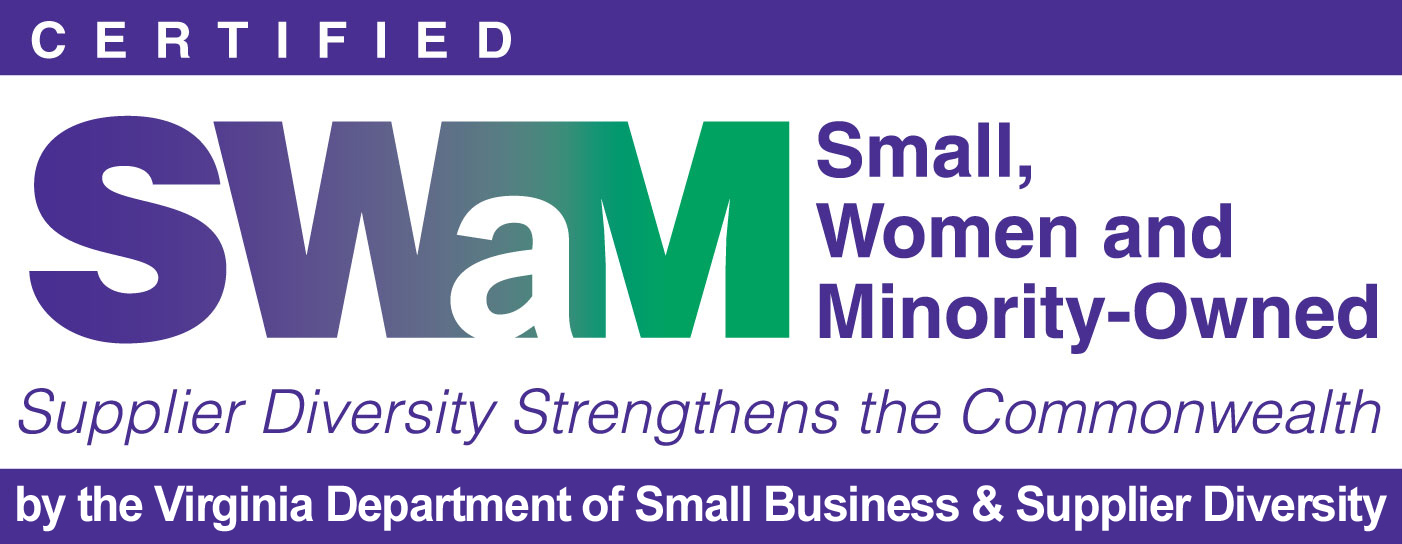By: Lindsey Stone
In business, the way you behave strongly influences how others see your level of professionalism. Doing or saying the wrong thing can negatively impact your career more than you may realize. By understanding the influence of business etiquette and recognizing what matters most, you can set yourself apart professionally.
Tip #1: Be Aware. Names are one of the first pieces of information we learn about someone, and remembering someone’s name is more beneficial than you think. If you have trouble remembering names, try repeating the name back to the individual as you interact. Writing down a name and job title with some brief notes about the circumstances in which you met can help for future connections and references as well.
Tip #2: Use Your Full Name. Introducing yourself by your full name distinguishes you from anyone else the individual may know with your same name. In addition, knowing your full name will make it easier for others to find you after the meeting or conference on sites like LinkedIn so you can stay connected and build your network.
Tip #3: Be Mindful. Do not walk into someone’s office without announcing yourself. Imagine how you feel when someone walks into your office without notice and interrupts your train of thought or important business call. Remember, the perfect time for you to talk about something may not be the ideal time for someone else. Take a minute to send an email to find out what time works for both of you.
Tip #4: Know Who Pays When. If you invited the client or coworkers to coffee, lunch, etc. for a work meeting, then you should pay. It does not matter if it is a quick meeting or note, the tab is your responsibility when you invite others somewhere.
Tip #5: Limit “Thank You.” Being polite is important, but in the professional world, it is more about minding your p’s and q’s and less about making sure to say thank you consistently. One confident and sincere thank you is sufficient, but being overly thankful may make you seem insecure or insincere.
Tip #6: Greet Everyone. Greeting those you encounter is not only polite but also establishes a rapport. You never know who the people you greet could be, so it is important to greet everyone with the same degree of kindness, especially when you are meeting a group of people.
Tip #7: Make Eye Contact. Handshakes are the universal business greeting, but in recent months, due to the pandemic, they may not be the safest route of introduction. No matter if you shake hands or bump elbows or ankles, making eye contact is particularly important.
Tip #8: Introduce Others. No one likes to stand awkwardly with a group of people who have no idea who you are or what you are doing there. It is always polite to make an introduction, especially now that many business dealings are taking place on Zoom, GoToMeeting, Webex, and so on. Making appropriate introductions is important.
Tip #9: Pay Attention. This may seem obvious, but when someone is speaking, it is important not only to nod and smile but also to show that you are engaged and actively listening. Do not interrupt, but if the speaker pauses, take a moment to repeat back an important point he or she mentioned or some other acknowledgement that you are listening and absorbing the information.
Tip #10: Be Aware of Your Form of Communication. Whether you are meeting face to face or by email, phone, or remote meeting program, it is important to maintain a consistent level of politeness and professionalism. When you communicate via some digital platforms, the tone can be lost, so be mindful of word usage and the perceived tone of messages, nonverbal or otherwise.
Tip #11: Proofread. Many professionals communicate predominantly through email, which means there is a lot of room for grammatical errors. Each message sent reflects on you, so make sure your communications are professionally written. Your goal should be not to have any typos in your messages; it only takes a few seconds to proofread before hitting the send button. Using extensions such as Grammarly can be especially useful.
Tip #12: Dress Appropriately. Be mindful of dress codes. In recent decades, they have become more relaxed in certain situations and locations, but that does not mean you can wear what you like. Studies have indicated that one of the first things people notice about others is their appearance.
Tip #13: Manage Your Time. Time is a tricky topic in business because depending on your boss or the structure of your company, the concept of time as a commodity can be perceived differently. It is especially important to consider cultural differences in time management and adhere to those regulations as well to time expectations that depend on the meeting, client, or locations.
Tip #14: Keep Workspaces Neat. Your workspace reflects on your professionalism as well as your company and colleagues. If you specialize in organizational processes but cannot manage a clean space for yourself or your team, how can you manage your work appropriately? This may be a question management asks, and you do not want the answer to leave you the odd person out on important projects.
Tip #15: Respect Belongings. Working in an office means certain areas are shared commons. Many offices have shared kitchen or at least a communal fridge, but more companies are moving against assigned desk space to welcome in the age of telecommuting and remote work. In the wake of the pandemic, your home may also have become a shared workspace with family members, which is a great learning experience for older children as you all learn to respect others’ belongings and space.
Tip #16: Avoid Communicating Too Much. Yes, it is possible. Communication is so important, but how much you share in a public and professional environment matters. Your voice carries, and sensitive information may become common knowledge to unintended audiences. Be mindful of what is acceptable public knowledge, written and spoken company culture, and non-disclosure agreement content.
Tip #17: Distinguish Between Oversharing and Being Distant. It is unprofessional to share details of your personal life with colleagues, clients, and staff in situations where it may make the working environment awkward or uncomfortable. Sharing stories about wild parties, relationship issues, or other private matters is not appropriate work talk. At the same time, divulging no personal information with coworkers can make you appear off-putting and cold. Be mindful of the difference between oversharing and being too distant and find an appropriate middle ground.
Tip #18: Be Conscious of Work Styles. Not everyone will perform his or her best with loud music or general loud office noises. Offices will have a unique variation of preferred styles of work, with some wearing headphones to block out noise, others who do not mind the office hum, and those who use music to motivate themselves. Be aware of your surroundings and how others work—they may not be shutting you out.
Tip #19: Use Sensitivity When Choosing Eating Locations. It may seem like a great idea to multitask by eating lunch and working at the same time, but it is not helpful if you fail to consider your coworkers. There may be sensitivities to food and allergies you are not aware of. Be mindful of approved eating locations and stick to those.
Tip #20: Adapt. Here’s the thing about business etiquette: The only consistent is that it will continue to change as our culture evolves and we answer to new challenges. Already we are seeing this shift in the economy and job market, not to mention the rapid growth of remote and hybrid work environments. Therefore, it is best to be prepared for change with a willingness to adapt.



